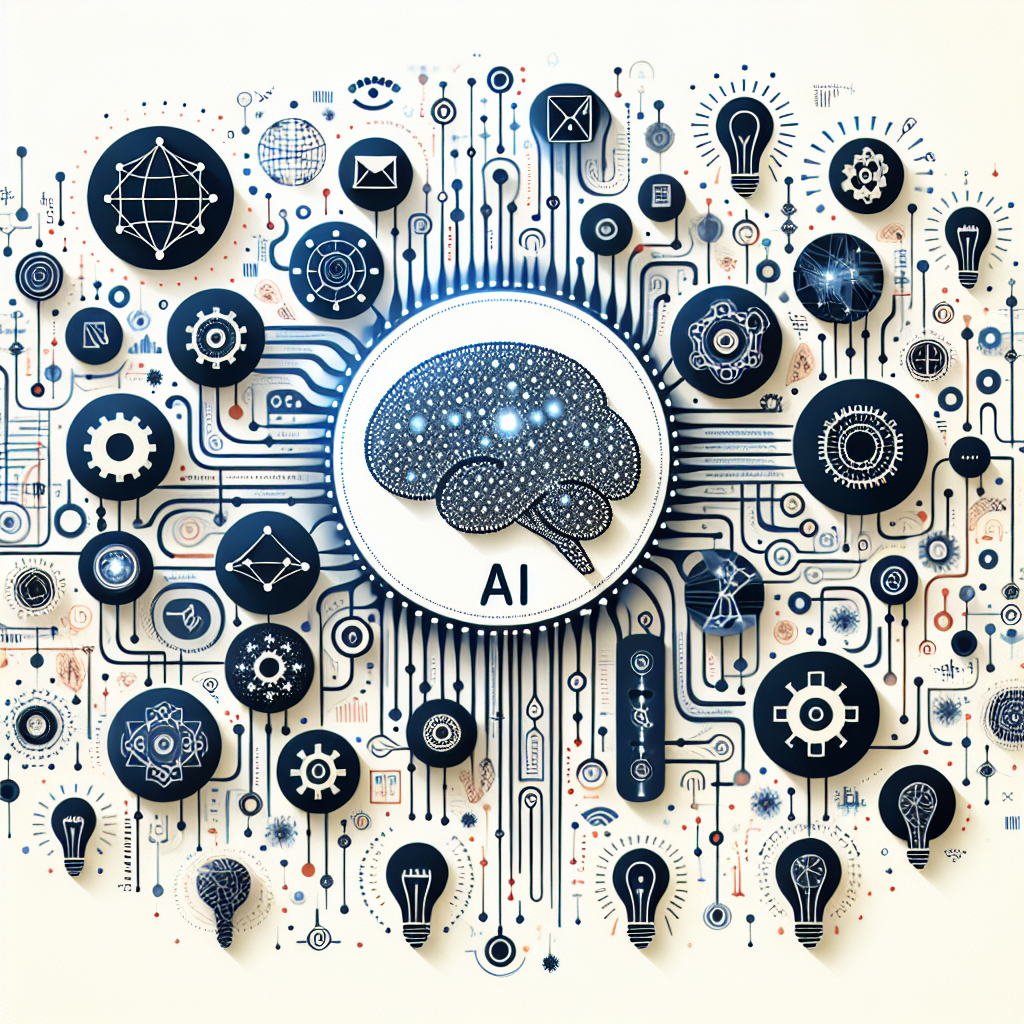Artificial Intelligence (AI) has quickly become a driving force in today’s technological landscape, transforming industries, improving efficiency, and enabling innovative solutions to complex problems. However, as AI continues to advance, there is a growing concern over the lack of accessibility and democratization of this technology. In order to fully realize the potential of AI and ensure that it benefits society as a whole, it is essential to focus on democratizing AI through collaboration and innovation.
Democratizing AI means making AI accessible and available to everyone, regardless of their technical expertise or resources. By democratizing AI, we can empower individuals, organizations, and communities to harness the power of AI to drive positive change and innovation. This can lead to a more inclusive and diverse AI ecosystem, where a wider range of perspectives and voices can contribute to the development and deployment of AI solutions.
Collaboration plays a crucial role in democratizing AI. By fostering partnerships between different stakeholders, such as researchers, developers, policymakers, and end-users, we can create a more inclusive and diverse AI ecosystem. Collaboration can help to bridge the gap between AI experts and non-experts, ensuring that AI technologies are developed and deployed in a way that is transparent, accountable, and fair.
Innovation is also key to democratizing AI. By encouraging experimentation, creativity, and risk-taking, we can drive the development of AI solutions that are accessible, inclusive, and impactful. Innovation can help to break down barriers to entry, such as high costs and technical complexity, making AI more accessible to a wider range of users.
One of the main challenges in democratizing AI is the lack of diversity in the AI workforce. According to a recent report by the AI Now Institute, women make up only 22% of the AI workforce, while people of color represent just 12%. This lack of diversity can lead to biased and discriminatory AI systems, as well as a limited range of perspectives and ideas. By promoting diversity and inclusion in the AI workforce, we can ensure that AI technologies are developed and deployed in a way that reflects the needs and values of a diverse society.
Another challenge in democratizing AI is the need for greater transparency and accountability. AI systems are often seen as black boxes, with little visibility into how they make decisions or operate. This lack of transparency can lead to mistrust and skepticism, as well as concerns over bias, discrimination, and privacy violations. By promoting transparency and accountability in AI development and deployment, we can build trust with end-users and ensure that AI technologies are used responsibly and ethically.
To address these challenges and democratize AI, it is essential to focus on collaboration and innovation. By working together across disciplines, sectors, and communities, we can create a more inclusive and diverse AI ecosystem that benefits everyone. By fostering innovation and creativity, we can drive the development of AI solutions that are accessible, inclusive, and impactful. Through these efforts, we can ensure that AI technologies are developed and deployed in a way that is transparent, accountable, and fair.
FAQs about Democratizing AI:
Q: What is democratizing AI?
A: Democratizing AI means making AI accessible and available to everyone, regardless of their technical expertise or resources. By democratizing AI, we can empower individuals, organizations, and communities to harness the power of AI to drive positive change and innovation.
Q: Why is democratizing AI important?
A: Democratizing AI is important because it can lead to a more inclusive and diverse AI ecosystem, where a wider range of perspectives and voices can contribute to the development and deployment of AI solutions. By democratizing AI, we can ensure that AI benefits society as a whole and is used responsibly and ethically.
Q: How can collaboration help democratize AI?
A: Collaboration plays a crucial role in democratizing AI by fostering partnerships between different stakeholders, such as researchers, developers, policymakers, and end-users. Collaboration can help to bridge the gap between AI experts and non-experts, ensuring that AI technologies are developed and deployed in a way that is transparent, accountable, and fair.
Q: What role does innovation play in democratizing AI?
A: Innovation is key to democratizing AI by encouraging experimentation, creativity, and risk-taking. Innovation can help to break down barriers to entry, such as high costs and technical complexity, making AI more accessible to a wider range of users. By promoting innovation, we can drive the development of AI solutions that are accessible, inclusive, and impactful.
Q: What are the main challenges in democratizing AI?
A: Some of the main challenges in democratizing AI include the lack of diversity in the AI workforce, the need for greater transparency and accountability, and concerns over bias, discrimination, and privacy violations. By addressing these challenges through collaboration and innovation, we can democratize AI and ensure that it benefits everyone.
In conclusion, democratizing AI is essential to harnessing the full potential of this transformative technology and ensuring that it benefits society as a whole. By focusing on collaboration and innovation, we can create a more inclusive and diverse AI ecosystem that empowers individuals, organizations, and communities to drive positive change and innovation. Through these efforts, we can democratize AI and ensure that it is developed and deployed in a way that is transparent, accountable, and fair.

